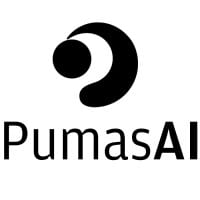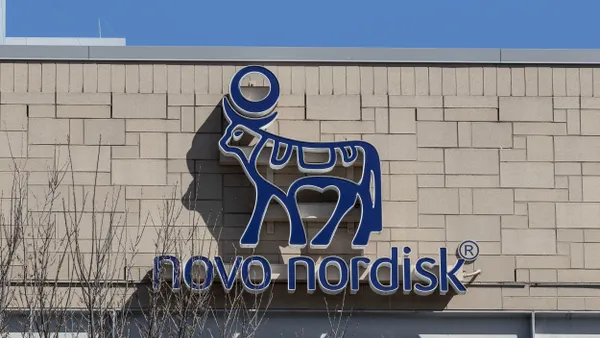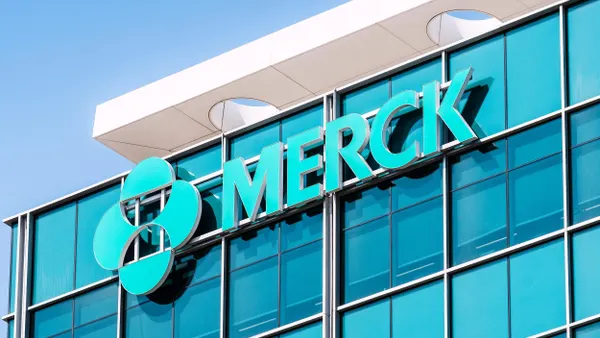Today, a brief rundown of news involving Nxera Pharma and Seres Therapeutics, as well as updates from BridgeBio Pharma, Madrigal Pharmaceuticals and BioMarin Pharmaceutical that you may have missed.
Scientists at Nxera Pharma have worked for the past year to develop a pipeline of wholly owned obesity drug candidates that the Tokyo and Cambridge, U.K.-based pharmaceutical company unveiled Wednesday. Chief among the seven new programs is an oral GLP-1 agonist that Nxera says is based on "differentiated chemistry" and is distinct from a compound it discovered together with Pfizer under a research alliance. Coincidentally, Pfizer disclosed Tuesday it discontinued development of that compound, a decision Nxera said was made “due to a portfolio decision.” — Ned Pagliarulo
Seres Therapeutics is talking with “multiple parties” to secure additional capital in support of developing a microbiome drug called SER-155. The company said Wednesday that it's evaluating a range of options, including partnerships, licensing deals and mergers. Seres needs funding to run a Phase 2 study of SER-155 as a preventive treatment for bloodstream infections in people undergoing stem cell transplant. The company, which last year sold to Nestlé Health Science full rights of its microbiome pill Vowst, recently appointed two co-CEOs to replace its chief executive of six years, Eric Shaff, who left in July. — Ned Pagliarulo
BridgeBio Pharma’s heart drug Attruby, which competes with medicines from Alnylam Pharmaceuticals and Pfizer, booked $71.5 million in U.S. net revenue during the second quarter, the company said Tuesday. As of the start of August, more than 1,000 unique prescribers had written 3,751 prescriptions for the drug, up from 756 and 2,072, respectively, on April 25. BridgeBio estimates it is capturing about 18% to 20% of new prescriptions and, according to Mizuho Securities analyst Salim Syed, its results indicate an “acceleration” despite the recent approval of Alnylam’s Amvuttra. Still, total sales came in below “elevated investor expectations” of “mid-to-high $70s,” according to Leerink Partners’ Mani Foroohar. Company shares fell by more than 10% Wednesday morning. — Ben Fidler
Sales of Madrigal Pharmaceuticals’ Rezdiffra again surpassed Wall Street forecasts, pushing company shares up by 15%. Madrigal said Tuesday that Rezdiffra, which is currently the only approved medicine for metabolic dysfunction-associated steatohepatitis, generated about $213 million in the second quarter. More than 23,000 patients were on treatment at the end of June. The sales results topped consensus estimates by $50 million and led multiple analysts to boost their financial projections in 2025 and beyond. Cantor Fitzgerald’s Prakhar Agrawal, for instance, now predicts more than $850 million in Rezdiffra sales this year and over $1.2 billion in 2026. — Ben Fidler
BioMarin Pharmaceutical this week said it discontinued a drug candidate in preclinical development for the rare disease phenylketonuria after early immune response data didn’t meet the company’s bar for advancement. As a result, BioMarin will redeploy the employees who worked on the program, dubbed BMN 390, to other areas. The company, which sells an enzyme replacement therapy called Palynziq for PKU, has aggressively pruned its pipeline over the past two years. — Ned Pagliarulo














